Replacing tank water heater with tankless style Rinnai vs Navien
4 years ago
Featured Answer
Sort by:Oldest
Comments (37)
Related Professionals
Grafton Kitchen & Bathroom Designers · Pearl City Kitchen & Bathroom Remodelers · Stoughton Cabinets & Cabinetry · Clute Kitchen & Bathroom Designers · Knoxville Kitchen & Bathroom Designers · United States Kitchen & Bathroom Designers · Cibolo General Contractors · Pooler General Contractors · The Crossings General Contractors · Anchorage General Contractors · Auburn General Contractors · Clinton General Contractors · Ewing General Contractors · Hayward General Contractors · Sterling General Contractors- 4 years ago
- 4 years ago
- 4 years ago
- 4 years agoSamantha McCormick thanked Jeffrey R. Grenz, General Contractor
- 4 years agolast modified: 4 years ago
- 4 years ago
- 4 years ago
- 4 years agolast modified: 4 years ago
- 4 years ago
- 4 years ago
- 4 years ago
- 4 years ago
- 4 years ago
- 4 years ago
- 4 years ago
- 4 years ago
- 4 years ago
- 4 years ago
- 4 years agolast modified: 4 years ago
- 3 years ago
- 3 years ago
- 3 years ago
- 3 years ago
- 3 years ago
- 3 years ago
- 3 years ago
- 3 years ago
- 3 years ago
- 3 years agolast modified: 3 years ago
- 3 years ago
- 3 years ago
- 3 years ago
Related Stories

GREAT HOME PROJECTSHow to Switch to a Tankless Water Heater
New project for a new year: Swap your conventional heater for an energy-saving model — and don’t be fooled by misinformation
Full Story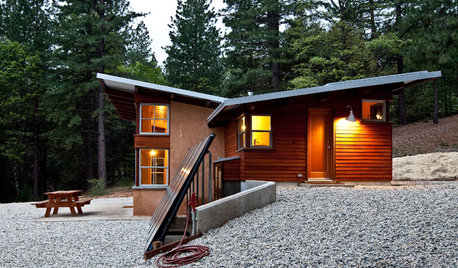
GREAT HOME PROJECTSHow to Add a Solar Water Heater
Lower energy bills without a major renovation by putting the sun to work heating your home’s water
Full Story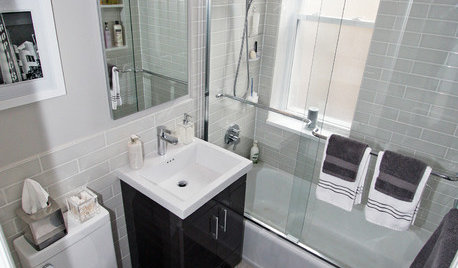
BATHROOM DESIGNWater Damage Spawns a Space-Saving Bathroom Remodel
A game of inches saved this small New York City bathroom from becoming too cramped and limited
Full Story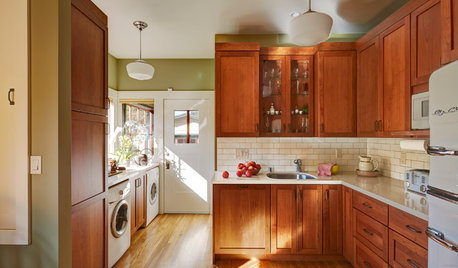
VINTAGE STYLEA California Bungalow Kitchen Gets a Retro-Style Redo
A functional new floor plan and a dash of vintage flair give this Bay Area kitchen a much-needed refresh
Full Story
SAVING WATER11 Ways to Save Water at Home
Whether you live in a drought-stricken area or just want to help preserve a precious resource, here are things you can do to use less water
Full Story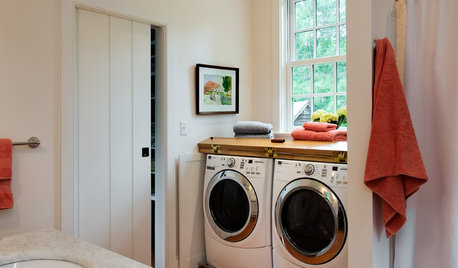
GREEN BUILDINGWater Sense for Big Savings
Keep dollars in your pocket and preserve a precious resource with these easy DIY strategies
Full Story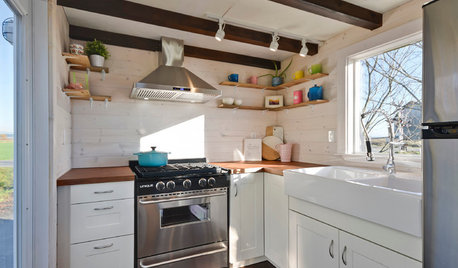
SMALL HOMESHouzz Tour: A Tiny House Packed With Style
A couple in Northern California opts for a customized home on wheels with clever design and storage solutions
Full Story
BATHROOM SINKSYour Guide to Buying a Bathroom Faucet
Choose a bathroom faucet that fits your style, pairs with your sink and will perform well over time
Full Story
BATHROOM DESIGN7 Designers’ Go-To Loos
Get a handle on some of the toilet styles and options available today
Full Story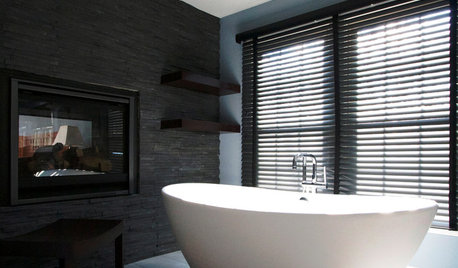
BATHROOM DESIGNDreaming of a Spa Tub at Home? Read This Pro Advice First
Before you float away on visions of jets and bubbles and the steamiest water around, consider these very real spa tub issues
Full Story


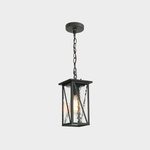


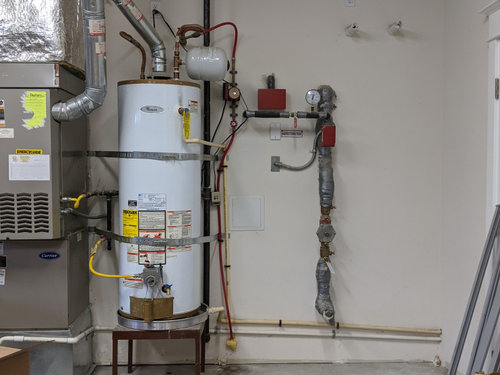


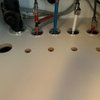
Jeffrey R. Grenz, General Contractor